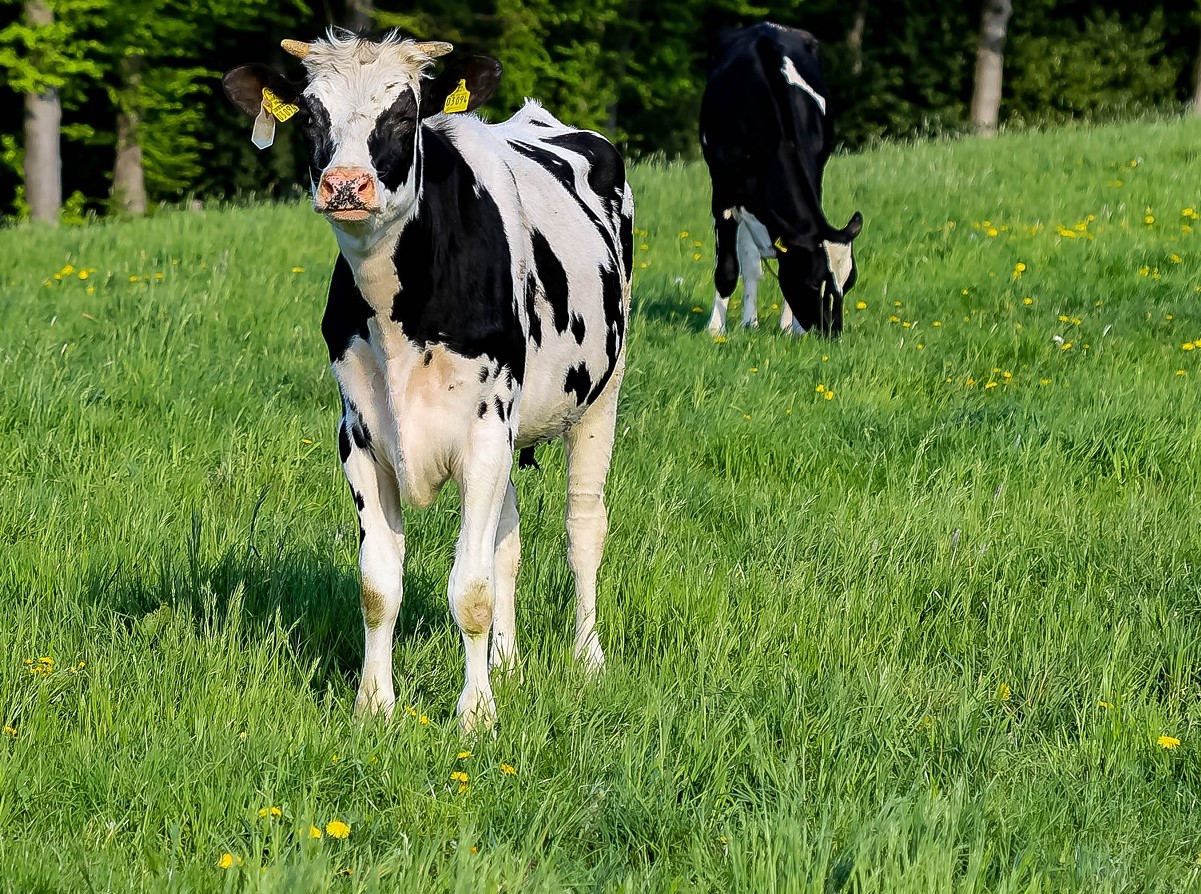NEW
NEIKER’s line of research on vaccines based on tuberculosis group bacteria wins the II International Zendal Award
9 December 2020NEIKER’s line of research on vaccines based on tuberculosis group bacteria wins the II International Zendal Award
- The jury of the awards has announced the decision of the second edition of the International Zendal Awards, which aim to promote research in human and animal health projects within the One Health concept
- The award is endowed with 15,000 euros that will return to research projects, since the objective of these awards is to recognize and promote biotechnological research.
Derio, December 3, 2020. An original work on paratuberculosis and tuberculosis in animals, developed by NEIKER, and an investigation on the development of a possible vaccine against SARS-COV-2, presented by the Ciqus group, have been the projects chosen by the jury as winners of the II International Zendal awards in the category of animal and human health, respectively.
Innovation and social transformation, the feasibility and applicability of the findings; the contribution of these advances to the improvement and well-being of society and the scientific relevance of the research have been the main criteria applied by the jury to choose the winning projects of this edition. Those responsible for the awarded projects, with 15,000 euros each in the two existing categories, will have to reinvest the economic endowment in research projects, since the objective of these awards is to promote biotechnological research.
Two advances in vaccines
The winning project in the category of animal health has been presented by the mycobacterial diseases group of NEIKER Department of Animal Health. This group works on the main diseases caused by bacteria of the genus Mycobacterium such as tuberculosis and paratuberculosis. Tuberculosis is a zoonosis, that is, a disease shared by humans and animals. It affects both domestic livestock -mainly cows and goats- and wildlife, the wild boar being the most affected of these in continental Europe.
On the other hand, paratuberculosis is a chronic intestinal disease typical of domestic ruminants (cows, sheep and goats) at the beginning of their productive life. It is estimated that 40% of the dairy cattle farms in the world are affected with estimated losses of about 200 euros per animal per year due to the decrease in production. In addition, there are other losses due to sick animals, since currently there is no treatment. By preventing disease, the vaccine improves animal welfare and economic sustainability of farms. Despite its efficacy paratuberculosis vaccination is not widely used because its perceived interference with the diagnosis of tuberculosis. Solving this problem is one of the research goals of the NEIKER group.
Until recently it was believed that inactivated vaccines were not useful in limiting tuberculosis, but NEIKER mycobacterial diseases group has shown that they are and that they can also reduce the impact of other acute and chronic diseases on livestock farms. This is due to newly propoed theory of trained innate immunity, which is defined as an increased response to a pathogen induced by itself or by another.
Part of the work of this research project is based on the only global clinical trial of a vaccine against paratuberculosis in cattle that was developed in farms in the Basque Country. The study, which already involves a direct technology transfer to the livestock sector, has served to confirm in the field the prediction of non-specific protection of the theory of innate trained immunity in animals.
For its part, in the human health category, the Ciqus project aims to obtain a candidate vaccine against SARS-COV-2 that can reach the clinical trial phase. This project is based on an innovative methodology, patented and developed in the laboratory, which allows the rapid and low-cost generation of new vaccine antigens.
The jury has also awarded, in the Recognition section for a trajectory of excellence, the molecular biologist Maria A. Blasco, a disciple of the famous Margarita Salas and currently director of the National Center for Oncological Research (CNIO) where she has been focusing her work on the fight against cancer and aging.
A jury made up of a committee of prestigious experts
The award decision has been in the hands of a prestigious group of experts headed by Professor Juan José Badiola Díez, Emeritus Professor of Animal Health, director of the Center for Encephalopathies and Emerging Communicable Diseases of the University of Zaragoza, former president of the General Council of Veterinary colleges of Spain and former member of the Council of State; María Jesús Lamas, director of the Spanish Agency for Medicines and Health Products; María Jaureguízar Redondo, Managing Director of the Vet + i Foundation-Spanish Technological Platform for Animal Health; Carlos Martín Montañés, professor of Microbiology, Preventive Medicine and Public Health and leader of the most advanced project for a new vaccine against human tuberculosis; Miguel Ángel Llamas doctor in Biochemistry and Molecular Biology and CEO of the Empireo company dedicated to molecular diagnostics; Jelle Thole, founder of the scientific leadership team of the TuBerculosis Vaccine Initiative (TBVI), a Netherlands-based non-profit foundation that supports the development of new tuberculosis vaccines. Two senior members of the Zendal Group were also part of the jury, who acted as secretary and president.






